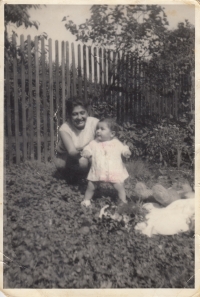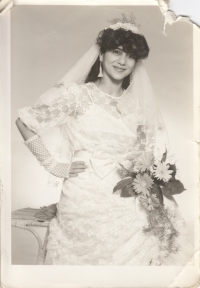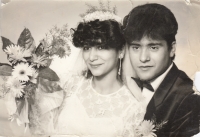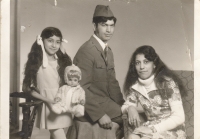The head physician announced they had sterilized me. I did not understand what that meant.
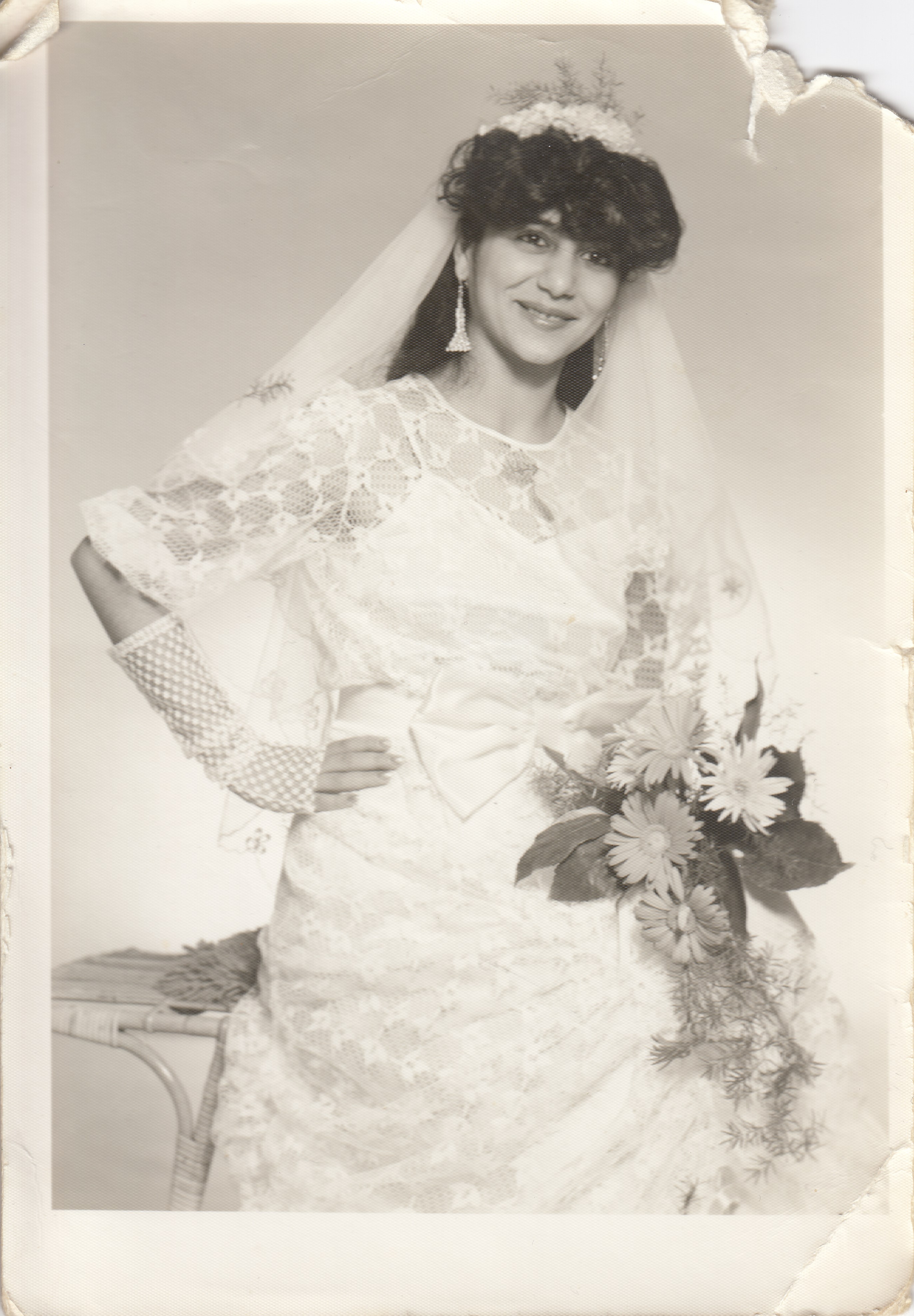
Stáhnout obrázek
Elena Gorolová was born on January 2, 1969, in Ostrava. After finishing vocational school, she started at the company named Vítkovické železárny (Vítkovice Steel). At the age of twenty-one, after giving birth to her second child, the doctors in the Ostrava-Vitkovice hospital sterilized her completely without her previous knowledge. The doctors justified this intervention as a common practice, usually opted for in cases when the cesarean section has to be performed for the second time. Accepting that she would never be able to have children again was very difficult for her. Moreover, she found out she was merely the only one who experienced the same treatment, as there were other cases of women who undergone involuntarily sterilization, especially during the socialist era and at the very beginning of the 1990s. Most of the cases involved women of Romani origin. In 2006, Elena started her cooperation with a nonprofit organization named Vzájemné soužití (Life Together), whose activists believed these events resulted from the regime‘s effort to regulate the birth rate of Romani women. Elena graduated from high school as a teaching assistant and then continued as a field worker at the organization Vzájemné soužití. She has become a spokeswoman for involuntarily sterilized women and dedicated her life to achieve public recognition that this method of sterilization is illegal and inhuman. Elena has had a great share in changing the proceedings of how the women patients are informed about the prospects of their own sterilization in hospitals around the Czech Republic. She has presented her story in several countries around the world and had an opportunity to give a speech at the United Nations. In 2018, Elena ranked among the BBC‘s 100 most influential women of the year.
